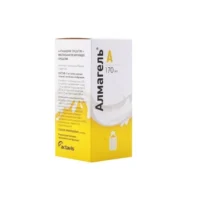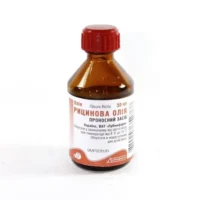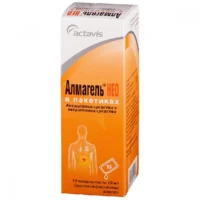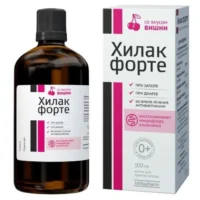Description
Rotocan (Calendula, Yarrow, Chamomile) Liquid Extract 55 ml Vial
Ingredients
- Active ingredients: Calendula, Yarrow, Chamomile.
Dosage
- Recommended dosage: Take 1-2 ml of Rotocan liquid extract orally, 2-3 times a day. Dilute in water if desired.
Indications
- Indicated for: Digestive issues, mild anxiety, and skin irritations. It may offer relief for conditions like indigestion, occasional stress, and minor skin problems.
Contraindications
- Avoid: Use if allergic to any of the ingredients. Not recommended for pregnant or breastfeeding women without medical advice.
Directions
- Directions for use: Shake well before use. Measure the recommended dosage and take orally. Do not exceed the recommended dose.
Scientific Evidence
- Calendula: Calendula officinalis has demonstrated anti-inflammatory and wound-healing properties in studies. It is commonly used in traditional medicine for skin conditions with scientific support.
- Chamomile: Chamomile (Matricaria chamomilla) is recognized for its calming effects. Research indicates its potential to reduce anxiety and enhance sleep quality.
Additional Information
- Rotocan liquid extract combines the beneficial properties of calendula, yarrow, and chamomile to address various health concerns naturally. The synergy of these herbs offers a comprehensive approach to well-being.
- Before using Rotocan, it is advisable to seek guidance from a healthcare provider, especially if you have existing medical conditions or are on medications that may interact with the herbal extract.





